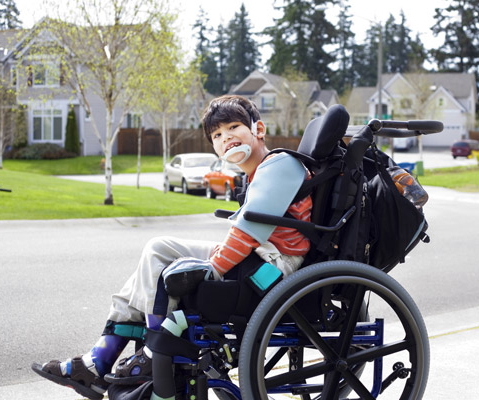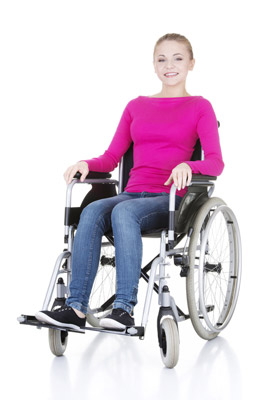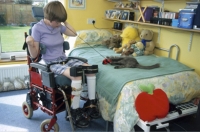Young People as Experts for Nurses



This session considers the young person with a chronic condition as the expert in terms of participation, peer support and self-management.
Learning Objectives
By the end of this session you will be able to:
- Describe key concepts of participation of young people with long-term conditions and/or disability
- Demonstrate an understanding of the importance of peer support for young people with long-term conditions and/or disability
- List appropriate consultation and management approaches to young people with long-term conditions and/or disability
This session considers the expertise of young people in three important areas:
- Participation
- Peer support
- Self-management
Before commencing this session you should complete the following AH sessions:
- 02_001 Healthy Development in Adolescence (401-0004)
- 05_001 Health Promotion in Young People (401-0023)
- 06_001 The Experience of Long-term Illness and Disability during Adolescence (401-0025)
- 06_005 Transition from Child-centred to Adult-orientated Healthcare (401-0029)
- 07_002 Practical Approaches to Improving Adherence and Concordance (401-0033)
Dr Janet E McDonagh is a Clinical Senior Lecturer in Paediatric and Adolescent Rheumatology at the Centre for Musculoskeletal Research at University of Manchester and Honorary Consultant paediatric and adolescent Rheumatologist at Royal Manchester Children’s Hospital.
Her main clinical and research interests are in adolescent health and transitional care. She has a particular interest in models of care for adolescents with chronic conditions that support young people’s emerging capacity for self-management, that ensure appropriate health risk assessment, support transition to adult health care, adherence to treatment guidelines and engagement with other health care services.
She is a member of the Barbara Ansell National Network for Adolescent Rheumatology, convenor of the Royal College of Paediatrics and Child Health Young Person’s Special Interest Group, co-chair of the Royal College of Physicians Young Adult and Adolescent strategy group and is on the advisory council of the Association for Young People’s Health.
Dr McDonagh is also involved in the development of training for health professionals in adolescent medicine including her role as a trainer in the European Teaching Effective Adolescent Care and Health initiative

- Anaesthesia | Trauma | Circulatory shock in trauma...
- Posted By eIntegrity Healthcare e-Learning
- Posted Date: 2024-11-18
- Location:Online
- This session describes the clinical features and physiological responses to traumatic haemorrhagic shock. It also summarises the current understanding of the underlying pathophysiology and approaches to the management of these critically unwell patients.
- Anaesthesia | Trauma | Thoracolumbar spinal injuri...
- Posted By eIntegrity Healthcare e-Learning
- Posted Date: 2024-11-18
- Location:Online
- This session describes the pathophysiology surrounding thoracolumbar spine injury, the physiological consequences of such trauma and the management of unstable injury.
- Anaesthesia | Trauma | Management and effects of r...
- Posted By eIntegrity Healthcare e-Learning
- Posted Date: 2024-11-18
- Location:Online
- This session reviews the physiology relevant to intracranial pressure (ICP) and describes the causes and effects of raised ICP. Techniques of ICP monitoring and the use of ICP- and cerebral-perfusion-pressure-guided therapies are discussed.
- Anaesthesia | Trauma | Traumatic brain injury: an ...
- Posted By eIntegrity Healthcare e-Learning
- Posted Date: 2024-11-18
- Location:Online
- This session contains a link to the BJA Education article followed by a series of self assessment multiple choice questions.<br><br>The article will open in a new window or tab depending on your browser.<br><br> CPD credits are awarded by the RCoA for the
- Anaesthesia | Trauma | Principles of the managemen...
- Posted By eIntegrity Healthcare e-Learning
- Posted Date: 2024-11-18
- Location:Online
- This session provides an overview of the fundamental principles of the management of moderate and severe traumatic brain injury, concentrating on the hours immediately post-injury. After discussing classification of head injury the session covers assessme







